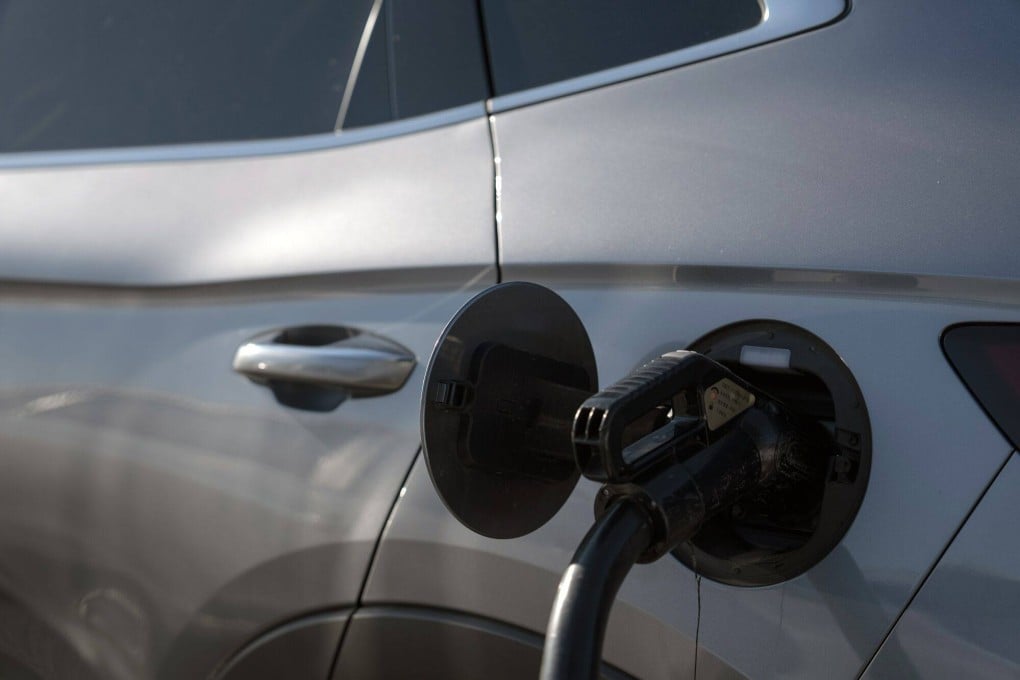Advertisement
My Take | EU’s carbon tax on China EVs sparks debate on environmental progress, economic burden in Asia
EU tariffs on Chinese EVs may benefit Southeast Asia and India, but complex environmental rules and carbon taxes pose challenges for Asian exporters
Reading Time:3 minutes
Why you can trust SCMP

The European Union’s import tariffs on Chinese electric vehicles may seem like an opportunity for Southeast Asian and Indian manufacturers, in the same way that “China plus one” diversification pushed more manufacturing towards their shores.
Advertisement
That’s especially true given the EU’s new tariffs follow closely behind similar US measures, which recently raised tariffs on Chinese imports, including electric vehicles and solar panels.
However, navigating the growing complexity of environmental regulations may require cooperation among companies rather than competition to maintain market access.
Since late last year, the EU has rolled out a Carbon Border Adjustment Mechanism (CBAM) – slated to expand in its scope from 2026 – that aims to incentivise exporting countries to decarbonise by levying a carbon tax.
The tax puts a price on carbon emissions embodied in certain goods imported into the EU ranging from cement, iron and steel to fertilisers.
Advertisement
Many see this as a double-edged sword for Asian nations, one that could both spur environmental progress and impose a crushing economic burden on small and medium businesses that dot supply chains in the region.

Advertisement
